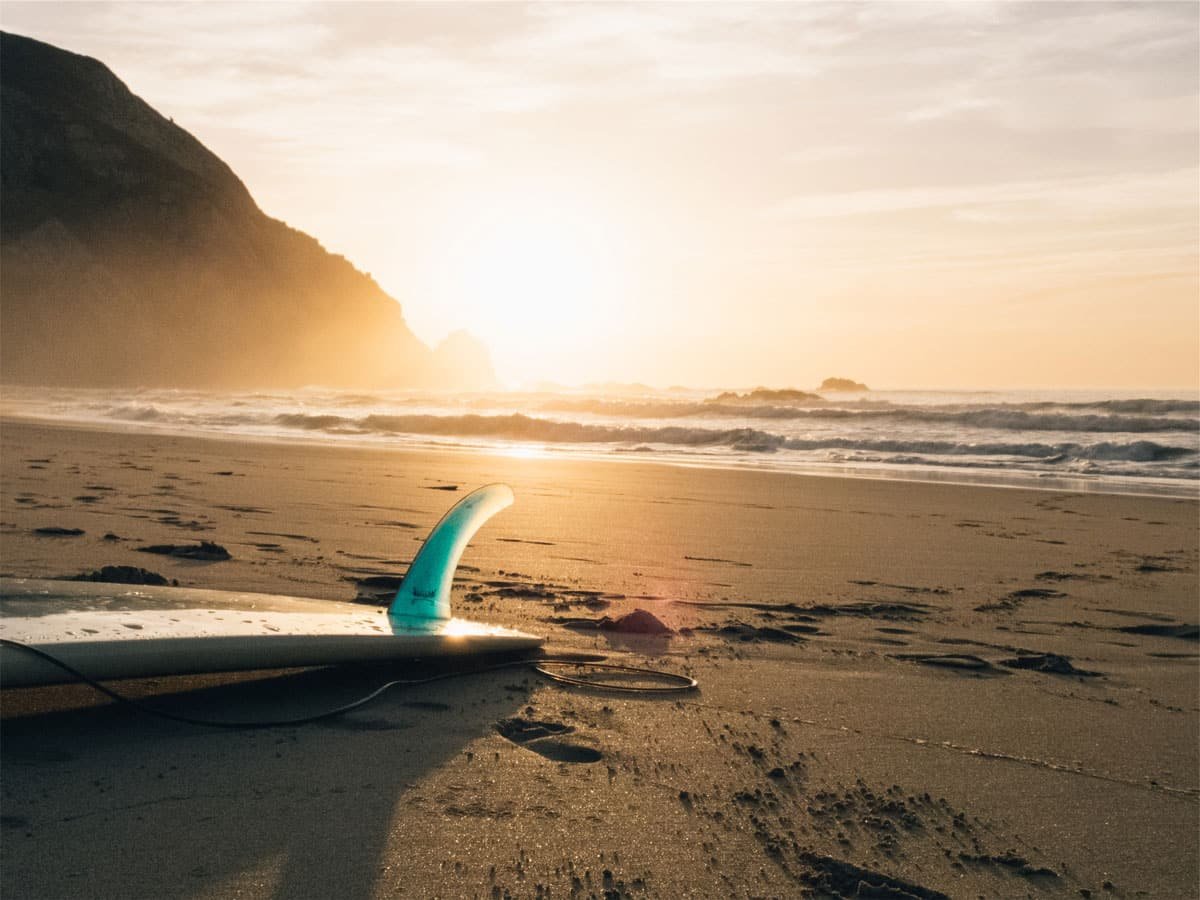Local fishing reports provide essential information for anglers, offering insights into fishing conditions, species, and hotspots. To find local reports, search online for state or region-specific reports, utilize state resources like fish and wildlife agencies, or leverage fishing apps like Fishidy and Navionics. Filter apps by location to find reports specific to your area. By accessing these reports, you can make informed decisions about when, where, and how to fish, increasing your chances of catching fish. Stay ahead of the game by exploring the latest reports and expert insights, and discover the secrets to a successful fishing trip.
Key Takeaways
- Utilize online resources like state fish and wildlife agencies, fishing apps, and online forums to access local fishing reports and gain valuable insights.
- Filter reports by location to find specific information on fishing conditions, species, and hotspots in your desired area.
- Leverage real-time updates on fishing conditions to plan your trip more effectively and increase your chances of catching fish.
- Analyze local fishing reports to identify productive areas, species, and fishing techniques, and refine your skills accordingly.
- Create a fishing calendar and trip checklist to ensure you're well-prepared and make the most of your fishing experience.
Finding Local Fishing Reports
To find local fishing reports, anglers can start by searching online for reports specific to their state or region, which often provide detailed information on fishing conditions, species, and hotspots. State resources, such as fish and wildlife agencies, often publish reports on their websites. Additionally, many fishing apps, like Fishidy and Navionics, offer real-time reports and data on fishing conditions, species, and hotspots. These apps can be filtered by location, allowing anglers to find reports specific to their area. By utilizing these resources, anglers can gain valuable insights into local fishing conditions, increasing their chances of catching fish.
Benefits of Online Reports
By leveraging online fishing reports, anglers can access a wealth of information that helps them make informed decisions about when, where, and how to fish, ultimately increasing their chances of reeling in a big catch. Online reports provide real-time updates on fishing conditions, allowing anglers to plan their trips more effectively. Through online forums and fishing apps, anglers can connect with other fishermen, share experiences, and gain valuable insights from local experts. Additionally, online reports often feature ratings and reviews of fishing spots, helping anglers identify the most productive areas. By tapping into this online resource, anglers can refine their skills, stay up-to-date on fishing trends, and enjoy a more successful fishing experience.
Saltwater Fishing Hotspots
Among the most coveted saltwater fishing hotspots are coral reefs, estuaries, and coastal areas with structural features like rocks, weed beds, and drop-offs, which provide ideal habitats for a diverse range of species. These hotspots attract a variety of saltwater species, including grouper, snapper, and tarpon. To maintain sustainable fishing practices, be certain to familiarize yourself with local fishing regulations, including catch limits and closed areas.
Among the reasons why saltwater fishing hotspots are so popular are:
- Diverse species: Coral reefs and estuaries are home to a wide range of species, making them exciting and unpredictable fishing spots.
- Challenging conditions: Fishing in coastal areas with structural features requires skill and strategy, making it a thrilling experience for anglers.
- Unparalleled scenery: Saltwater fishing hotspots often offer breathtaking scenery, making the fishing experience even more enjoyable.
Freshwater Fishing Spots
Freshwater fishing spots, such as rivers, lakes, and streams, offer a unique set of challenges and opportunities for anglers, with varying water conditions, structures, and species to target. When fishing in freshwater spots, anglers need to adapt to different freshwater techniques, such as adjusting their tackle and bait to suit the specific water conditions. River structures, such as drop-offs, weed beds, and submerged logs, provide hiding spots for fish, making them ideal targets for anglers. Understanding these structures and adapting freshwater techniques can substantially increase the chances of landing a catch. By mastering these skills, anglers can take advantage of the abundant fishing opportunities available in freshwater fishing spots.
Delta Fishing Conditions
Fishing in delta regions requires adapting to unique conditions, where the mixing of freshwater and saltwater creates an ever-changing environment that demands specialized knowledge and techniques. Anglers must be prepared to tackle a dynamic situation, where water levels, currents, and salinity can shift rapidly. To succeed, you must grasp the specific challenges and opportunities of delta fishing.
Delta Species: Familiarize yourself with the unique species that thrive in delta environments, such as striped bass, sturgeon, and salmon.
Water Clarity: Be prepared for varying water clarity, which can affect fish behavior and your choice of lures and tactics.
Tidal Influences: Take into account the impact of tides on water levels, currents, and fish movement.
Planning Your Fishing Trip
Carefully planning your fishing trip is essential to maximizing your chances of a successful and enjoyable outing, as it allows you to make informed decisions about where to go, when to go, and what gear to bring. A well-planned trip begins with a fishing calendar, helping you identify the best times to fish. Create a trip checklist to verify you have all the necessary gear and tackle. Consider inviting fishing buddies to share the experience and split the trip budget. Keep a fishing journal to track your progress, note patterns, and plan future trips. Establish a realistic trip budget and stick to it. By planning ahead, you'll be better prepared to tackle any fishing situation, increasing your chances of a successful and enjoyable trip.
Choosing the Right Gear
Selecting the appropriate gear for your fishing trip is vital, as it can greatly impact your overall fishing experience and success. Having the right gear can make all the difference between a successful catch and a disappointing trip. Here are three key considerations to keep in mind:
- Gear Maintenance: Regularly inspect and maintain your gear to ensure it's in good condition. A well-maintained rod and reel can make all the difference in landing that big catch.
- Tackle Innovation: Stay up-to-date with the latest tackle innovations, such as new lure designs and materials, to increase your chances of catching fish.
- Gear Versatility: Invest in gear that can be used in different fishing conditions and for various species of fish, making it more versatile and cost-effective.
Understanding Fish Behavior
Understanding the behavior of your target species is essential to anticipating their movements and increasing your chances of a successful catch. Fish migration patterns, for instance, can help you identify areas where fish are likely to congregate. Social structure also plays a vital role, as some species tend to school together or exhibit territorial behavior. Feeding patterns are equally important, as understanding what and when fish feed can give you an edge. Additionally, habitat selection is critical, as different species have specific preferences for structure, water temperature, and other environmental factors. By grasping these key aspects of fish behavior, you can tailor your fishing strategy to match the needs of your target species, leading to more successful and enjoyable fishing trips.
Reading Fishing Report Ratings
When it comes to planning a successful fishing trip, deciphering the ratings and information provided in fishing reports is key to identifying the most promising fishing spots and maximizing your catch.
To make the most of your fishing trip, understanding the rating systems used in fishing reports is crucial. Three key factors bear scrutiny:
- Rating Systems: Familiarize yourself with the rating systems used in fishing reports, such as Poor, Fair, Good, or Excellent. This will help you gauge the quality of the fishing spot and plan accordingly.
- Fish Type: Identify the type of fish you're targeting and look for reports that provide information on their behavior, habitats, and feeding patterns.
- Location-Specific Information: Look for reports that provide location-specific information, such as water conditions, bait recommendations, and fishing gear suggestions.
Staying Safe While Fishing
While fishing can be a serene and enjoyable experience, safety must come first, as the great outdoors can quickly turn unforgiving if proper precautions are not taken. Before heading out, always check the weather forecast to guarantee you're prepared for any conditions. Wearing a life jacket is a must, even for experienced anglers. It's also essential to inform someone of your fishing plans, including where you're going and when you expect to return.
| Safety Precautions | Importance |
|---|---|
| Check weather forecasts | Essential for avoiding bad weather |
| Wear life jackets | Imperative for water safety |
| Inform someone of your plans | Necessary for emergency situations |
| Bring a first aid kit | Necessary for minor accidents |
Maximizing Your Catch
To maximize your catch, it's essential to combine knowledge of fishing reports with a solid understanding of fishing gear and techniques, as well as an ability to adapt to changing fishing conditions. By doing so, you'll increase your chances of reeling in a bountiful catch.
- Master catch techniques: Learn various fishing techniques, such as bottom fishing, trolling, and casting, to increase your chances of catching different species of fish.
- Understand fish habitats: Familiarize yourself with the habitats of your target species, including their preferred depths, structures, and water conditions.
- Stay adaptable: Be prepared to adjust your fishing gear and techniques according to changing fishing conditions, such as weather, water temperature, and time of day.
Frequently Asked Questions
Can Fishing Reports Help Me Avoid Fishing in Areas With Low Fish Populations?
Yes, fishing reports can help you avoid areas with low fish populations by providing insights into fish migration patterns, habitat changes, and fishing hotspots, ensuring a more productive and sustainable fishing experience.
Do Fishing Reports Provide Information on Local Fishing Regulations?
The age-old question: do fishing reports provide the tedious details on local fishing regulations? Indeed, they do! You'll find info on fishing licenses, catch limits, and more, because who doesn't love a good rules refresher before reeling in the big one?
Are Fishing Reports Available for Specific Species of Fish?
"Yes, fishing reports are available for specific species of fish, providing valuable insights into their habitat preferences, species migration patterns, and behavior, enabling anglers to target their desired catch effectively."
Can I Find Fishing Reports for Fishing at Night or During Specific Weather Conditions?
While nocturnal anglers and weather enthusiasts crave specific insights, many online reports and apps provide valuable information on moon phase, water clarity, and other environmental factors to optimize fishing excursions during unique conditions.
Are Fishing Reports Available for Fishing in Specific Structures Like Piers or Reefs?
Pier fishing and reef conditions are often featured in specialized fishing reports, providing anglers with valuable insights on structural hotspots, species abundance, and ideal fishing times to maximize catch rates.
Conclusion
The pursuit of angling enlightenment is akin to charting an ancient cartographer's map, where local fishing reports serve as the guiding stars. By harnessing the power of online reports, saltwater hotspots, freshwater haunts, and delta conditions, anglers can optimize their catch rates and reduce fishing time. As the ancient Greek philosopher, Aristotle, once said, 'The whole is more than the sum of its parts.' Synthesizing these disparate elements, anglers can decipher the secrets of the aquatic domain and reel in a bounty of fish. Finally, by fusing these components, anglers can tap into the full potential of their fishing expeditions.









